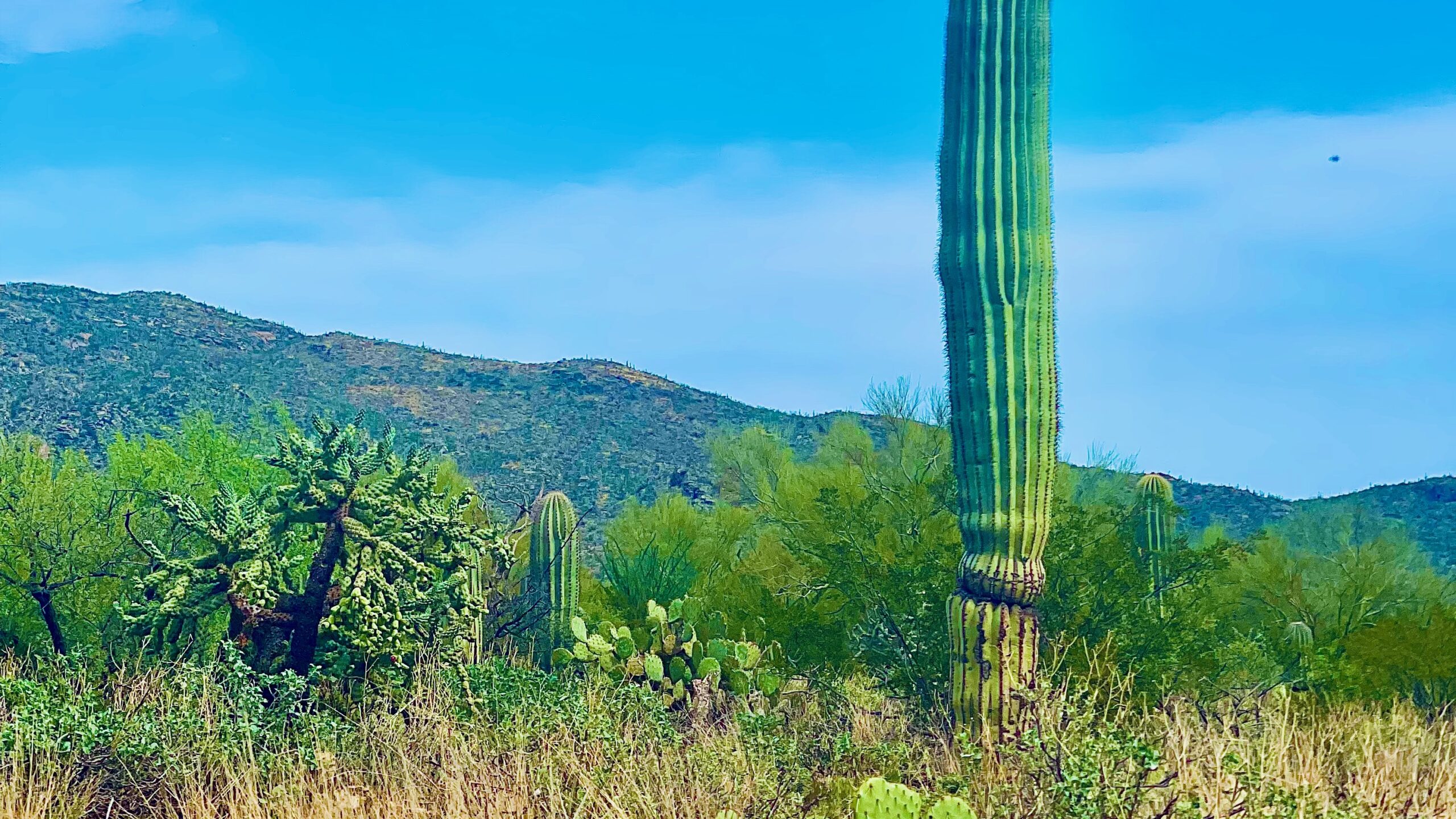By The Editorial Board
The 2024 Annual Assembly of Hospice and Palliative Care is one week away, and we are getting you ready for the assembly with our Endnotes editorial board entrance survey!
What are you most hyped for heading into AAHPM?
Ali-John MD: I’m excited to learn more about psychedelic-assisted therapies and outpatient palliative care programs.
Arpit MD: With a new baby at home, I won’t be able to attend. Catch you all in person at the next one!
Christi DNP: I am looking forward to networking with colleagues from all over the country. Encounters like these lead to the most thought-provoking conversations and new projects.
Diana MD: I won’t be attending so I’m most hyped to read the tweets!
Michael MD: I haven’t been to the assembly in seven years! So much has happened in the world since then. What does the palliative care community look like post-COVID? I’m excited to find out!
What session are you most looking forward to and why?
Ali-John MD: I’m excited about the pre-conference art museum workshop. I believe in the unique role that cultural institutions play in healing and training clinicians. (Afternoon at the Museum: Finding Connection and Meaning, Wed 1-5 pm)
Arpit MD: More patients are asking about psychedelics, so I’m glad to see multiple presentations on the topic. (Psychedelic Assisted Therapies in Palliative and Hospice Care Are Here: Let’s Discuss! Wed 12-1:30 pm; Bringing Psychedelic-Assisted Therapy from Psychiatry to Palliative Care, Thurs 1-2 pm; Psychedelics in Palliative Care, Ready for Primetime! Making the Case for Ketamine-Assisted Psychotherapy, Sat 10-11 am)
Christi DNP: I practice in the telehealth space, and I believe telehealth presents an opportunity to increase access to care. By having a better understanding of the disparities, I hope to understand how we might improve our program to better serve those in need. (Disparities in Access to Palliative Care: Geographic Distribution of Palliative Care Specialists in 2022, Thurs 10:30-11:30 am; How is Telehealth Used to Increase Access to Specialty Palliative Care? A Systematic Review, Fri 10:30-11:30 am)
Diana MD: I regularly encounter patients with a history of opioid use disorder who need opioid therapy, and I can never get enough education on this topic. (7Ps: An Organized Approach to Opioid Management for Patients with OUD and Painful Serious Illness, Thurs 2:30-3:30 pm)
Max PharmD: Being a huge fan of buprenorphine, I am excited to learn about bupe for dyspnea. There is very limited data regarding the use of buprenorphine for dyspnea, but it has been done before! I’m excited to see what the presenters’ opinions are! (Transdermal Buprenorphine: A safer option for Dyspnea and Rhinorrhea in End-Stage Pulmonary Disease, Sat 10-11 am)
Michael MD: I really enjoy interrogating the narratives in our clinical work. That’s why I’m excited to hear more about how the concept of maternalism (as opposed to paternalism) informs our approach to guiding patients and making recommendations. (Unraveling Maternalism: How Relational Autonomy and Informed Non-Dissent Transform Quandaries into Closure, Fri 1-2 pm)
What topic are you glad to see AAHPM addressing?
Christi DNP: I am very happy to see that AAHPM is addressing palliative care needs in a post-Roe era. This is so important and necessary and I’m proud to see that AAHPM recognizes this. (Palliative Care in the Post-Roe Era: A Call to Engagement and Advocacy, Thurs 1-2 pm)
Diana MD: In the NYC area we are seeing a surge in migrants, and I am pleased to see a session focusing on providing palliative care to patients who have socioeconomic challenges, particularly homelessness/vulnerable housing. I cannot recall this demographic getting much attention at past conferences. (“I Don’t Want to Die on the Street”: Perspectives on Aging and Illness by Homeless Adults Receiving Street Medicine, Thurs 10:30-11:30 am; Ain’t Never Been Cared For: Identifying Priorities in Caring for Homeless and Vulnerably Housed Individuals, Thurs 1-2 pm)
Also, I encounter too many patients suffering with under managed pain, often due to clinician discomfort with prescribing opioids. This is especially true for patients with a history of opioid use disorder. I’m curious to hear more about what our liability is for those who tell me that no one cares about their pain. (Liability for Under-prescribing Opioids in Vulnerable Patients with Severe Pain, Thurs 2:30-3:30 pm)
Max PharmD: I think it’s great that we will get multiple sessions on medical aid in dying. I am most interested in disparities between patient populations that receive medical aid in dying and the possible barriers to access. (Medical Aid in Dying Residency and Fellowship Curriculum, Fri 10:30-11:30 am; Medical Aid in Dying: Developing Communication Strategies, Staff Support Systems, Fri 2:30-3:30 pm; Clinical Conversations in Medical Aid in Dying, Fri 2:30-3:30 pm)
Michael MD: The serious illness conversation guide was recently updated to remove the “critical abilities” question. Palliative care, with its focus on quality of life, has had a strained relationship with disability and this is a big step in the right direction. I’d love to see a bigger conversation about our quality-of-life assessments. (Redesigning a Serious Illness Conversation Guide to Center Equity: A Community-Engaged Qualitative Process, Fri 2:30-3:30 pm)
What important topic does not seem to be on the schedule?
Ali-John MD: I’m interested in how the academy is thinking about the expansion of MAiD indications such as the inclusion of mental health disorders in Canada.
Christi DNP: I always wish to learn more about the current state of HPM policy and legislation. As much as we don’t like it (and often try to forget it), HPM falls within the realm of healthcare as a “business.” The more we can understand the business side, the better we can advocate for our teams within our institutions and communities.
Diana MD: No sessions on cannabis!? Surprising. Psychedelics have taken center stage, hmph.
Max PharmD: I find it a little disappointing not to see any presentations on cannabis. With the FDAs recommendation to the DEA to reschedule Cannabis, it is going to become a larger part of our practice. So how will healthcare institutions respond? I can imagine that patients will want to use cannabis while admitted to hospitals, but current hospital policies are not equipped to handle this change.
Michael MD: It’s good to see some sessions on MAiD, but with more states about to enact legislation, I worry that our field isn’t prepared.
What are you most looking forward to about visiting Phoenix in March?
Ali-John MD: Seeing friends and colleagues!
Arpit MD: I’m from New Jersey and live in Los Angeles, and Phoenix has a totally different vibe.
Christi DNP: Who doesn’t love a little socialization and fun in the desert?!
Max PharmD: I haven’t seen much of the southwest, but I would love to visit Roswell and see all the kitschy alien exhibits!
Michael MD: Nothing brings in spring like a few days in the desert Where is the palliative care pool party?!


